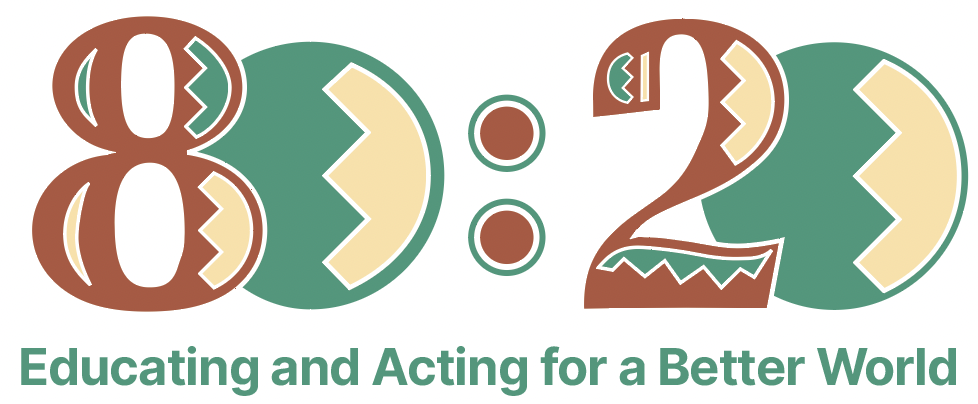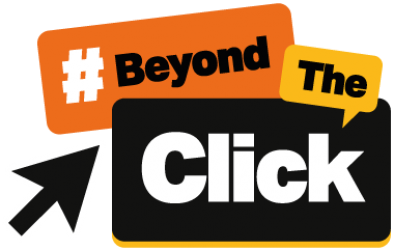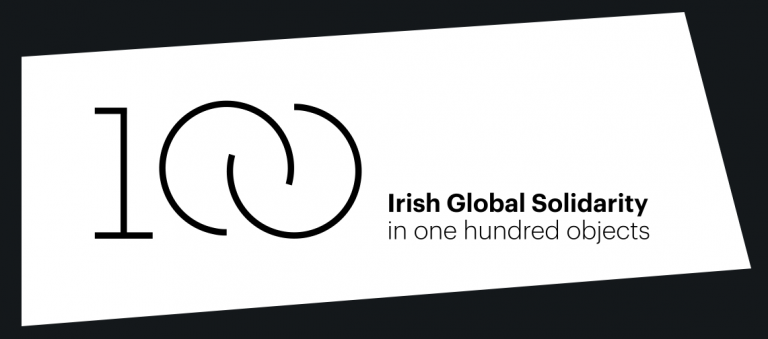Call for participants: Perinatal Mental Health Care for Migrant Women

Call for expressions of interest to participate in an online World Café event as part of a research project to collectively support migrant women experiencing perinatal mental health issues before, during and after pregnancy
Want to end the gender pay gap? Become a Procurement Officer! – posters
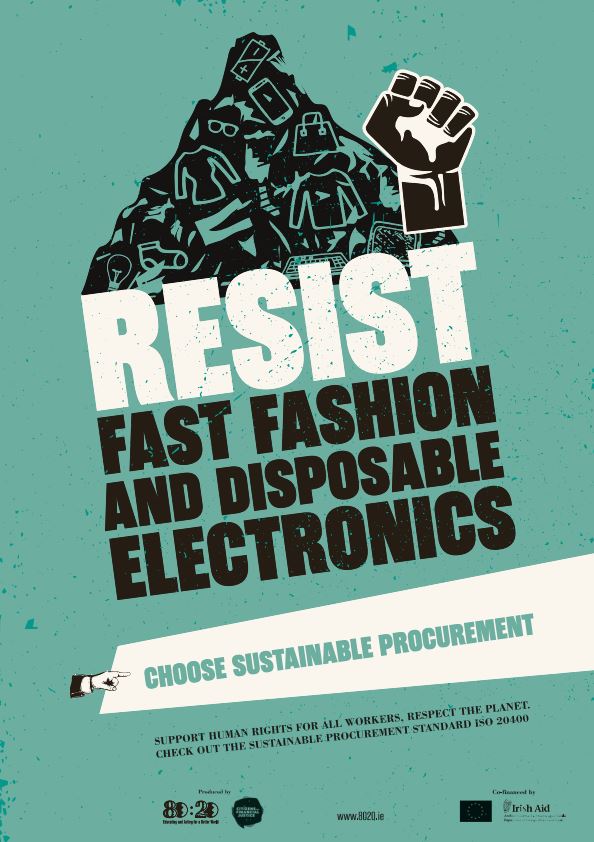
What can one person working in procurement really do to change ‘buying culture’ in a vastly unequal world? Quite a lot, actually. What’s going on in your supply chain, and what can you do about it? You may have heard about fairtrade, but what about unfair trade? Good value and value for procurement investments isn’t […]
5th Anniversary of the entry into force of Istanbul Convention
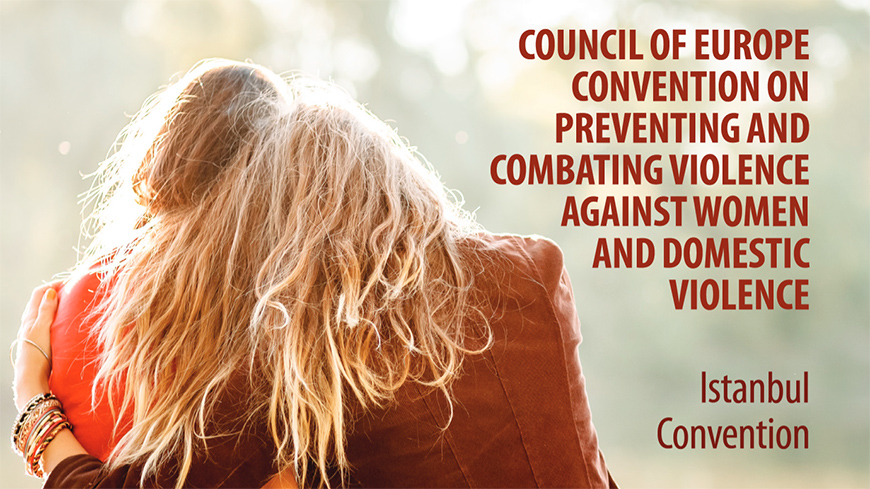
80:20 joined other members of the EuroMed Rights Network in reflecting on what the Istanbul Convention on preventing and combating violence against women means for them, marking the 5th anniversary of the Convention’s entry into force.
Loreto Bray and 80:20 launch ‘Use Your Art to End Gender Inequality’ poster series
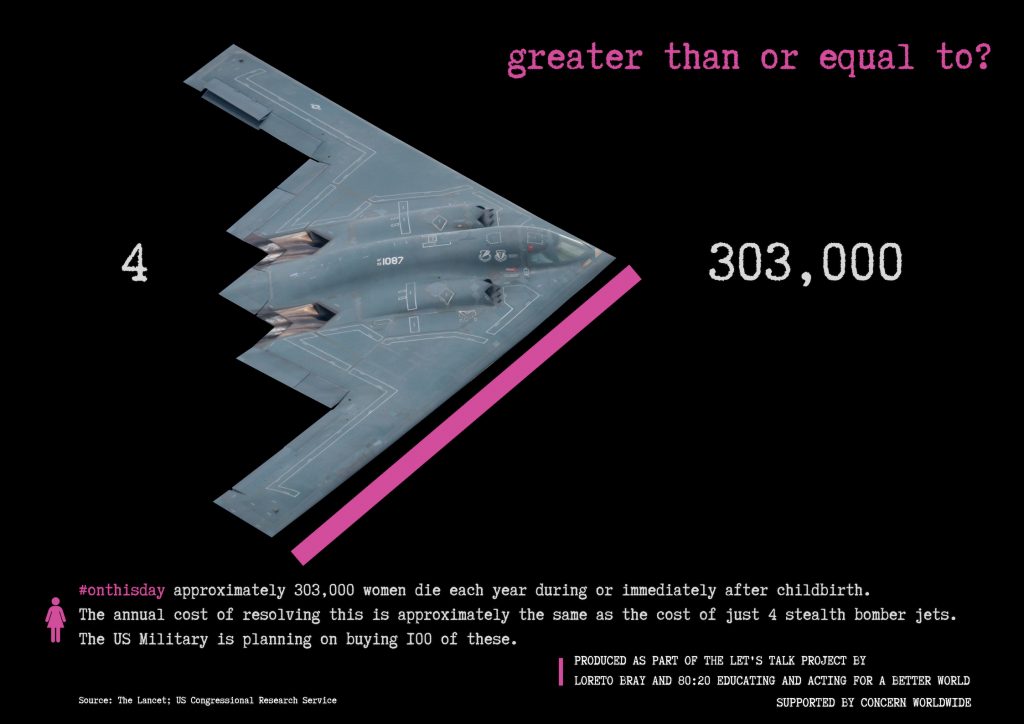
Press release: Thirty-six students from the Loreto Bray Peace and Justice group, in conjunction with 80:20, are launching a poster art series on International Women’s Day 2019 on the themes of women’s rights and ‘on this day’ historical events.
